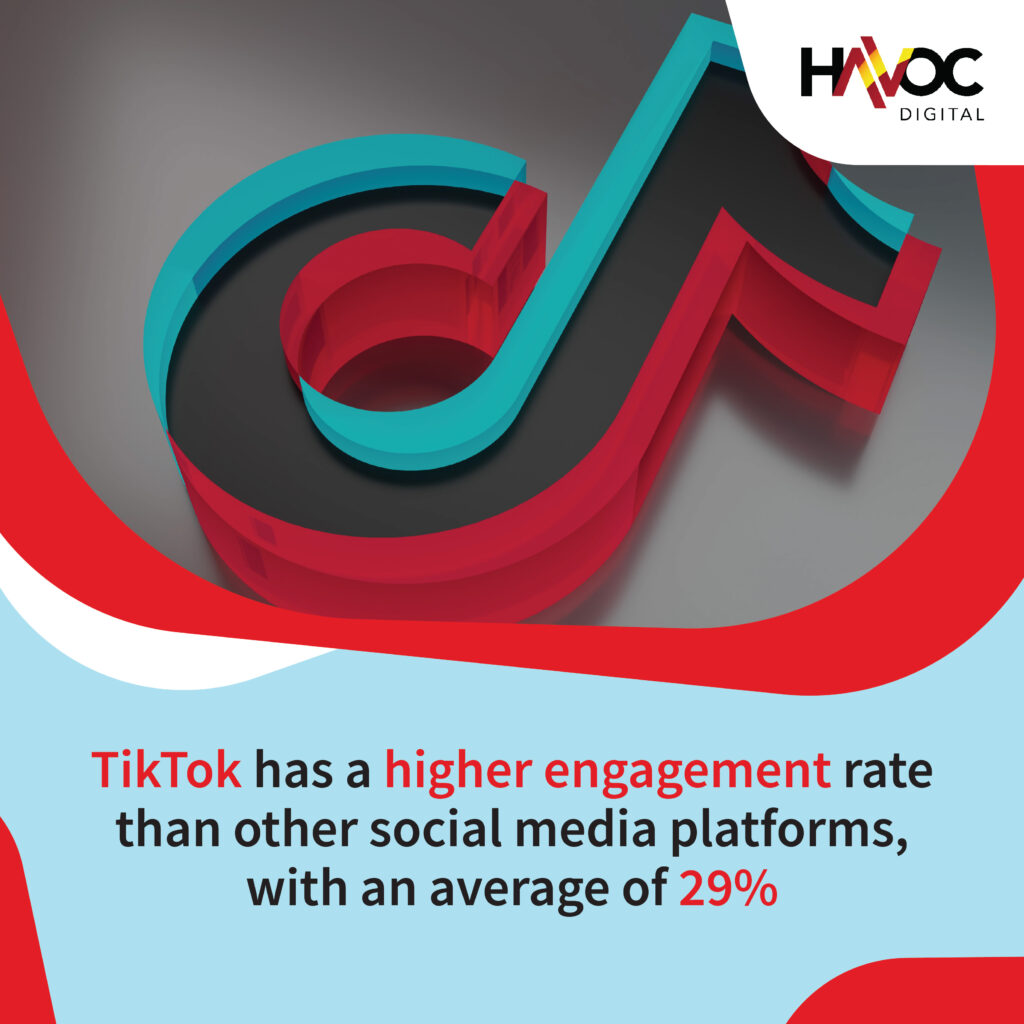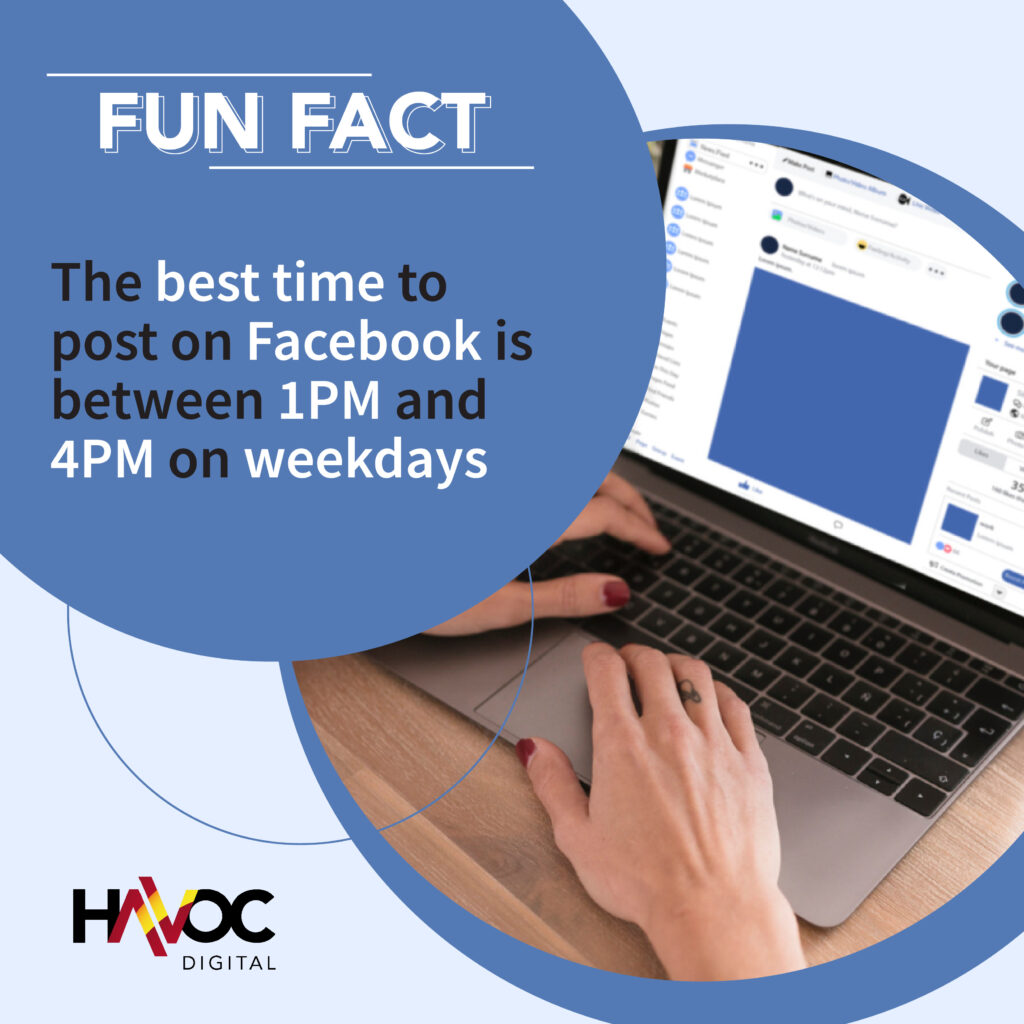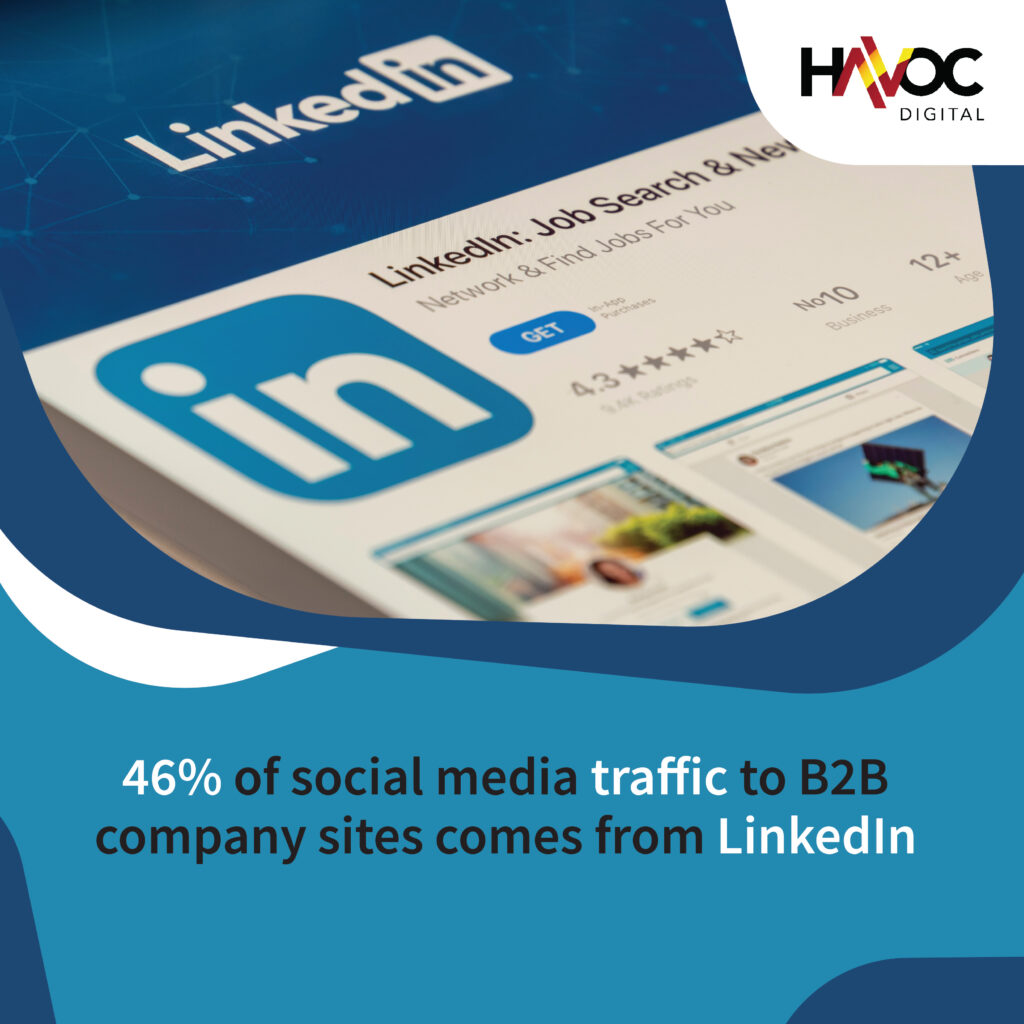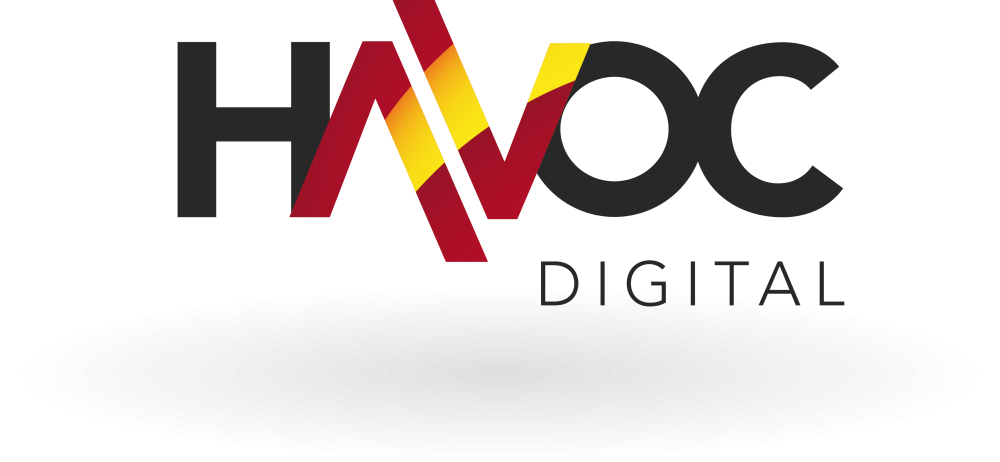Social Media AI Usage for Small Business
1. Introduction – Thought Piece, Social Media AI for SME’s
In today’s digital age, social media has become an integral part of small businesses’ marketing strategies. It offers a cost-effective and efficient way to reach a wide audience, engage with customers, and build brand awareness.
However, harnessing the power of social media can be challenging for small businesses. That’s where artificial intelligence (AI) comes in.
This article aims to explore practical ways to utilise AI in social media marketing for small businesses, providing insights and strategies to maximise the benefits of this technology.
1.1. The Importance of Social Media for Small Businesses
Social media has revolutionised the way businesses connect with their target audience. For small businesses, it offers a level playing field to compete with larger companies and reach a global market.
Social media platforms allow businesses to share content, interact with customers, and build relationships, ultimately leading to increased brand visibility, customer loyalty, and sales.
Social media platforms are valuable tools for small and medium-sized enterprises (SMEs) to connect with their audience and promote their businesses.
The choice of platforms may vary depending on your specific industry, target audience, and marketing goals.
Here are 12 social media platforms that SMEs often find useful:
Facebook: With its massive user base and versatile advertising options, Facebook is a go-to platform for SMEs to reach a wide audience.
Instagram: Owned by Facebook, Instagram is ideal for visual content, making it suitable for businesses in fashion, food, travel, and more.
X formerly Twitter: X is great for real-time updates, customer engagement, and sharing industry news and trends.
LinkedIn: LinkedIn is essential for B2B SMEs, offering networking opportunities and a professional platform to showcase expertise.
Pinterest: Useful for businesses with visually appealing products, such as fashion, home decor, or crafts.
YouTube: Video content is on the rise, and YouTube is a powerful platform for sharing tutorials, product demos, and engaging videos.
TikTok: Especially popular among younger demographics, TikTok is excellent for short, engaging video content and creativity.
Snapchat: Ideal for businesses targeting a younger audience, Snapchat offers features like Stories and augmented reality filters.
Reddit: Reddit can be a valuable platform for businesses to participate in discussions, answer questions, and share expertise in niche communities.
Tumblr: Suitable for businesses with a creative and visual focus, Tumblr allows for multimedia content sharing.
WhatsApp Business: A messaging platform for direct customer communication, useful for customer support and updates.
Yelp: If your SME is a local business like a restaurant or store, having a presence on Yelp can help with online reviews and local visibility.
Note that the effectiveness of each platform depends on the specific business and marketing strategy. It’s essential to research the respective target audience and tailor the social media efforts accordingly.
Additionally, staying up-to-date with the latest trends and changes in social media algorithms is crucial to maximize an SME’s online presence and utilise a Social Media Specialist.

This section will delve into the significance of social media for small businesses and highlight the key advantages it offers in terms of marketing and growth opportunities.
1.2. The Potential of Artificial Intelligence in Social Media
Artificial intelligence has the potential to revolutionise social media marketing for small businesses. By leveraging AI technologies, businesses can automate various tasks, enhance personalisation, and optimise their marketing AI strategies.
AI algorithms can analyse vast amounts of data, providing valuable insights into target audience behaviour, preferences, and trends.
This section will explore the potential applications of social media AI marketing, showcasing how small businesses can leverage this technology to gain a competitive edge and drive growth.
1.3. Objectives of the Work
The objectives of this article are to provide small businesses with guidance on utilising AI in social media marketing and to demonstrate the tangible benefits it can bring.
The article aims to educate readers on the implementation of marketing AI in various aspects of social media marketing, such as identifying target audiences, personalising content, automating customer service, optimising ad campaigns, and analysing social media metrics.
By the end of this article, readers will have a clear understanding of how AI can be effectively integrated into their social media strategies to achieve business growth and success.
2. Implementing Social Media AI Marketing
Implementing AI in social media marketing can greatly benefit small businesses. By leveraging AI technologies, businesses can optimise their social media strategies, streamline processes, and boost efficiency.
AI allows businesses to identify target audiences, analyse data, personalise content, automate customer service, and support.
Through the use of AI algorithms and automation tools, small businesses can effectively navigate the complexities of social media AI marketing, reach the right audience with tailored content, and provide efficient customer support, ultimately leading to increased brand awareness and growth.
2.1. Identifying Target Audience and Analysing Data
Identifying the target audience and analysing data are essential steps in successful social media marketing.
AI enables small businesses to gain valuable insights into their target audience by analysing vast amounts of data from social media platforms.
With AI algorithms, businesses can segment their audience based on demographics, interests, and behaviour, allowing them to develop targeted marketing campaigns.
AI also helps in analysing data related to customer engagement, reach, and sentiment analysis, providing businesses with actionable information to refine their strategies and make data-driven decisions for better marketing outcomes.
2.2. Personalising Content and Recommendations
Personalising content and recommendations is crucial for engaging with the target audience on social media.
AI technologies enable small businesses to deliver personalised content to their audience by understanding their preferences and behaviour.
By analysing user data, AI algorithms can recommend relevant products, services, or content to users, increasing the chances of conversions and engagement.
Personalisation and Recommendation Engines:
Amazon Personalise: Implement AI-based recommendation systems for e-commerce websites.
Dynamic Yield: Personalise content, offers, and product recommendations based on user behaviour.
Personalisation also helps build stronger relationships with customers, as businesses can provide tailored interactions and experiences, enhancing customer satisfaction and loyalty.
2.3. Automating Customer Service and Support
Automating customer service and support through AI can significantly improve the efficiency and effectiveness of small businesses.
AI-powered chatbots and automated response systems can handle common customer queries and provide instant solutions, reducing the workload on customer support teams.
These AI systems can provide accurate and consistent responses, ensuring a positive customer experience.
By automating routine tasks, businesses can allocate their resources more effectively, focus on more complex customer inquiries, and provide personalised support whenever needed, ultimately enhancing customer satisfaction and loyalty.

3. Leveraging AI for Social Media Advertising
As social media continues to play a crucial role in small businesses’ marketing strategies, leveraging AI for social media advertising has become increasingly important.
AI algorithms can optimise ad campaigns, enhance ad targeting and retargeting, and analyse ad performance and ROI.
By harnessing the power of AI, small businesses can reach their target audience more effectively, increase conversion rates, and drive higher returns on their advertising investments.
3.1. Optimising Ad Campaigns with AI Algorithms
Optimising ad campaigns plays a vital role in maximising the impact of social media advertising.
With AI algorithms, small businesses can automate and optimise various aspects of their campaigns such as ad placement, bidding strategies, and budget allocation.
By analysing vast amounts of data and continuously learning from user behaviour, AI algorithms can make real-time adjustments to deliver the most relevant ads to the right audience at the optimal times.
Ad Campaign Optimisation:
Google Ads: Utilises AI to optimise ad campaigns and suggest keywords.
Facebook Ads Manager: Provides AI-driven ad targeting and optimisation features.
This level of optimisation helps small businesses achieve higher click-through rates, conversions, and ultimately, a better return on their advertising investment.
3.2. Enhancing Ad Targeting and Retargeting
Ad targeting and retargeting are crucial to ensure that ads are delivered to the right audience at the right time. AI can significantly enhance these capabilities for small businesses.
By analysing user data, social media platforms powered by AI can understand user interests, behaviours, and demographics, allowing businesses to target their ads more precisely.
Additionally, AI algorithms can facilitate retargeting efforts by tracking user interactions with ads and websites, enabling businesses to deliver customised ads to those who have already shown interest.
This enhanced targeting and retargeting results in improved ad performance and higher conversion rates.
3.3. Analysing Ad Performance and ROI
Understanding the performance of social media ads and measuring return on investment (ROI) is essential for evaluating the effectiveness of advertising campaigns.
AI comes to the rescue by providing advanced analytics capabilities.
By analysing ad performance data, AI algorithms can identify patterns, trends, and correlations, providing valuable insights into which ads are driving the most engagement, conversions, and revenue.
This analysis can help small businesses make data-driven decisions on optimising ad spend allocation, messaging strategies, and targeting approaches, leading to improved ROI and overall business growth.

4. AI-Driven Social Media Analytics and Insights
AI-driven social media analytics and insights have revolutionised the way small businesses analyse and understand their online presence.
By leveraging advanced algorithms and machine learning techniques, businesses can gain valuable insights into their social media metrics and trends.
This allows them to track and monitor key performance indicators such as engagement rates, audience growth, and reach. By understanding these metrics, businesses can make data-driven decisions to enhance their social media strategies and optimise their content for maximum impact.
With AI-driven analytics, businesses can stay ahead of the competition and adapt their marketing strategies to the ever-changing digital landscape.
4.1. Monitoring Social Media Metrics and Trends
Monitoring social media metrics and trends is essential for small businesses looking to stay relevant and competitive in the digital space.
AI-powered tools enable businesses to track and analyse various metrics such as likes, shares, comments, and follower counts across different social media platforms.
By monitoring these metrics, businesses can identify trends and patterns in their audience’s behaviour and preferences. This information can then be used to optimise content, tailor marketing campaigns, and make informed decisions about targeting specific demographics or marketing channels.
Through continuous monitoring, businesses can stay agile and responsive, ensuring their social media strategies align with their goals and audience expectations.
4.2. Extracting Actionable Insights from Data
Extracting actionable insights from social media data is a crucial aspect of AI-driven analytics for small businesses. With the help of AI algorithms, businesses can process large volumes of data and uncover meaningful patterns, correlations, and trends.
By analysing this data, businesses can identify key insights such as consumer preferences, sentiment analysis, and content performance.
These insights can then be used to optimise marketing AI strategies, create personalised content, and improve customer engagement.
AI-powered tools can also provide real-time recommendations and suggestions based on the analysed data, enabling businesses to continuously refine their social media strategies and drive better results.
4.3. Measuring the Impact of Social Media AI on Business Growth
Measuring the impact of social media AI on business growth is crucial for small businesses to assess the effectiveness of their AI-driven strategies. AI-powered analytics can provide businesses with quantifiable metrics and data, allowing them to measure the success and ROI of their social media efforts.
By tracking key performance indicators such as conversions, lead generation, and revenue, businesses can gauge the direct impact of AI-driven social media strategies on their bottom line.
This data-driven approach enables businesses to make informed decisions about resource allocation, budgeting, and future investments in social media AI technologies.
Ultimately, measuring the impact of social media AI helps businesses optimise their strategies, drive growth, and achieve their marketing objectives.
References:
Bharadiya, J. P., 2023. Machine learning and AI in business intelligence: Trends and opportunities. International Journal of Computer (IJC).researchgate.net
Haleem, A., Javaid, M., Qadri, M.A., Singh, R.P. and Suman, R., 2022. Artificial intelligence (AI) applications for marketing: A literature-based study. International Journal of Intelligent Networks.sciencedirect.com
Campbell, C., Sands, S., Ferraro, C., Tsao, H.Y.J. and Mavrommatis, A., 2020. From data to action: How marketers can leverage AI. Business horizons, 63(2), pp.227-243.researchgate.net
Huang, M. H. & Rust, R. T., 2021. A strategic framework for artificial intelligence in marketing. Journal of the Academy of Marketing Science.springer.com
Ma, L. & Sun, B., 2020. Machine learning and AI in marketing–Connecting computing power to human insights. International Journal of Research in Marketing.ckgsb.edu.cn
Khrais, L. T., 2020. Role of artificial intelligence in shaping consumer demand in E-commerce. Future Internet.mdpi.com
Davenport, T., Guha, A., Grewal, D. and Bressgott, T., 2020. How artificial intelligence will change the future of marketing. Journal of the Academy of Marketing Science, 48, pp.24-42.springer.com
Puntoni, S., Reczek, R.W., Giesler, M. and Botti, S., 2021. Consumers and artificial intelligence: An experiential perspective. Journal of Marketing, 85(1), pp.131-151.sagepub.com





